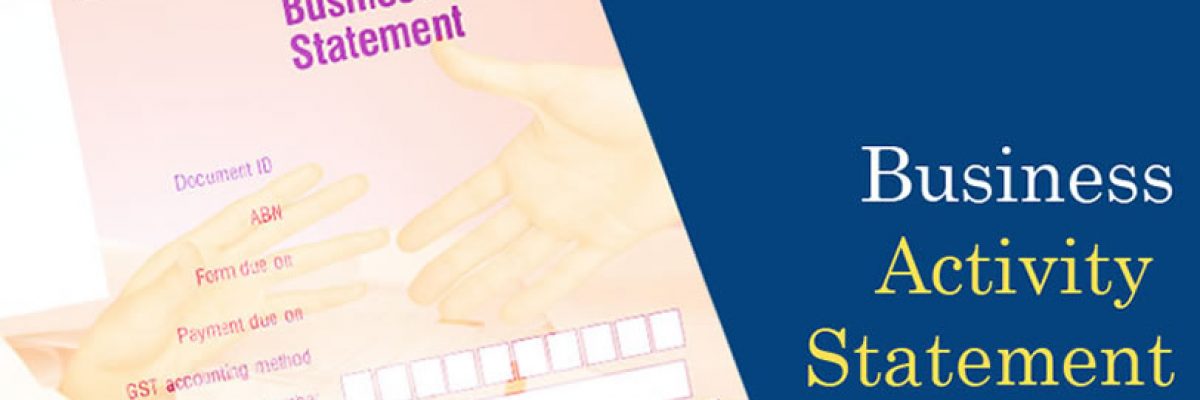BAS statements are important for all Australian businesses, but many business owners get frustrated when they have to fill them out, especially if they don’t have enough money to pay. What is a BAS statement and what should I know about the payment process? Learn more with our latest guide.
If your business is registered for the Goods and Services Tax (GST), you must file a Business Statement (BAS). The BAS is a summary of business income and expenses over time and helps you file and pay taxes, including:
What is a Business Activity Statement (BAS)?
- Goods and Services Tax (GST)
- Pay-as-you-go (PAYG)
- PAYG withholding tax
- Fringe benefits tax (FBT) instalments
- Luxury car tax
- Equalisation tax on wine
Lodging a BAS statement
There are a number of ways to submit a BAS Statement:
Online Submission – If you wish to complete your BAS Statement form online you can do so through the ATO business portal, your myGov account (if you are a trader) or via SBR-enabled finance, accounting, or payroll software.
Lodging by mail: It is also possible to submit your completed BAS Declaration Form by post using the self-addressed envelope included in your BAS package.
Accommodation Through a Tax or BAS Agent: If you have a registered BAS or tax agent, they can apply or pay on your behalf.
Nothing to report (nil BAS) – If you have nothing to report for the period, you can submit your BAS as “Null” over the phone or online.
Preparation BAS
ATO will normally provide your company with a statement two weeks before the end of the reporting period. Returns must be submitted by the specified due date.
BAS instruction due dates
The expiry date of your BAS statement is shown on your BAS statement. BAS statement dates are determined by your organization’s reporting and payment cycle are as follows:
1st Quarter: July, August, September – 28th October
2nd Quarter: October, November, December – 28th February
3rd Quarter: January, February, March – 28th April
4th Quarter: April, May, June – 28th . July
MonthlyIf your company’s GST bill is more than $20 million, you must submit monthly reports.
Yearly
If you voluntarily enrolled in GST and your GST revenue is less than $75,000 (or $150,000 for non profits), you must report annually. The BAS declaration date for the annual report is October 31st.
How to pay your BAS statement
There are several ways to pay your BAS bill, although in most cases companies will choose to pay by BPAY, credit or debit card. Additionally, you can make voluntary prepayments to reduce the amount you need to pay for your next BAS return. So if you’ve had a particularly good fiscal quarter, it might be a good idea to start paying your next quarter’s BAS.
Please note that the ATO may impose penalties if you make mistakes in your BAS. These penalties can be severe if the ATO determines that the errors are due to ignorance of tax laws or negligence. However, legitimate or honest mistakes should be reported for the sake of the amount you missed.
Here are some tips to make your BAS preparation simple and easy to manage.
Enter all accounts and categorize them
The transactions must be recorded and categorized for the period of the BAS billing.
Fill in the details in your BAS
Once all the information is in place, you can fill out your bank statement online or via a paper form. Keep in mind that:
Whole dollars must be entered in boxes.
You must leave the boxes blank if they do not apply.
You can only enter positive values in your BAS form.
Keep records – ALWAYS
Expect an audit by the ATO at any time. Make sure you have a good record and backup database to keep the exam easy and smooth.
Lodge your BAS and pay on time
To avoid penalties, you must submit and pay for your BAS before the due date. You have three options:
- Online submission
- By mail
- Through a registered tax or BAS agent
Capital Assets Purchases Information: Invoices and Finance Agreements
- Hire Purchase/Chattel Mortgage Statements
- Lease and Loan Statements
- Insurance details
- Home office information and % of use
- Salaries & Wages information – PAYG withholding information – Amounts withheld from employees and others (If applicable)
- Total amount of salary and wages including commissions, directors fees, eligible termination payments and non cash benefits paid
- Amount of tax withheld from total salaries and wages paid
- Amount withheld from investment distributions as a tax file number was not quoted
- Amount withheld from creditors payments as an ABN was not quoted
- Pay As You Go Installment – Details of any partnership or trust installment income for the period (If applicable)
- Fuel tax credits – Total number of litres for the period (If applicable)
Summary
Check out our BAS checklist. In short, a few things to remember. If you do your own bookkeeping, make sure your Xero, Quickbooks Online, MYOB, or manual bookkeeping file is fully reconciled for the quarter.
Talk to us if you need help preparing your Business Activity Statement (BAS) or reviewing your company’s accounting systems and processes to make it simple, accurate and efficient.
Melbourne Business Accountant Supporting Melbourne businesses for over 20 years


